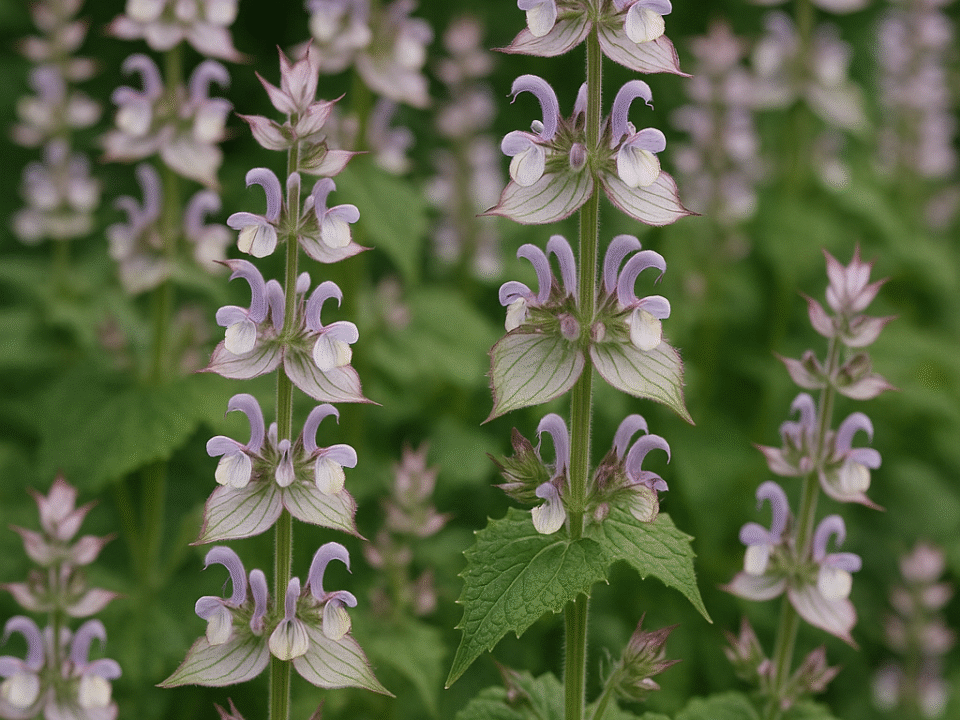
Panthenol is the alcohol analog of pantothenic acid, and thus, a provitamin of B5. It can be rapidly absorbed into the skin and mucous membranes, where it quickly undergoes oxidation and gets converted to pantothenic acid. It can quickly penetrate into the skin and mucous membranes, where it oxidizes into pantothenic acid. Pantothenic acid is involved in the biosynthesis of coenzyme A, which plays an active role in cell growth and a wide range of enzymatic reactions needed for living organisms.
Panthenol is a transparent, odourless, colourless, and highly viscous liquid at room temperature. The salts of pantothenic acid appear as white powders.
In skincare products, panthenol is used as a moisturizing and humectant ingredient. Particularly, B5 can effectively bind and hold water, which helps to moisturize the skin and maintain its softness and elasticity.
Panthenol is a unique moisturizing ingredient because it can act as both a humectant and an emollient. As a humectant, it attracts and binds water to the skin, while as an emollient it seals in the cracks in the skin, which keeps the water locked in,
Panthenol also helps to improve moisture retention in the skin. It penetrates the lowest skin layers and delivers water into these cells, which promotes effective moisture retention within the tissue. Moreover, it facilitates stimulation of cells that are responsible for boosting skin barrier function making it healthier, stronger, and intact.
Panthenol also carries anti-inflammatory benefits. It can reduce inflammations caused by ultraviolet (UV), which is often evident in sunburns.
Overall, panthenol is well-tolerated by the majority of people and is safe to use on a daily basis. In rare cases, skin irritation and contact allergies may occur.



